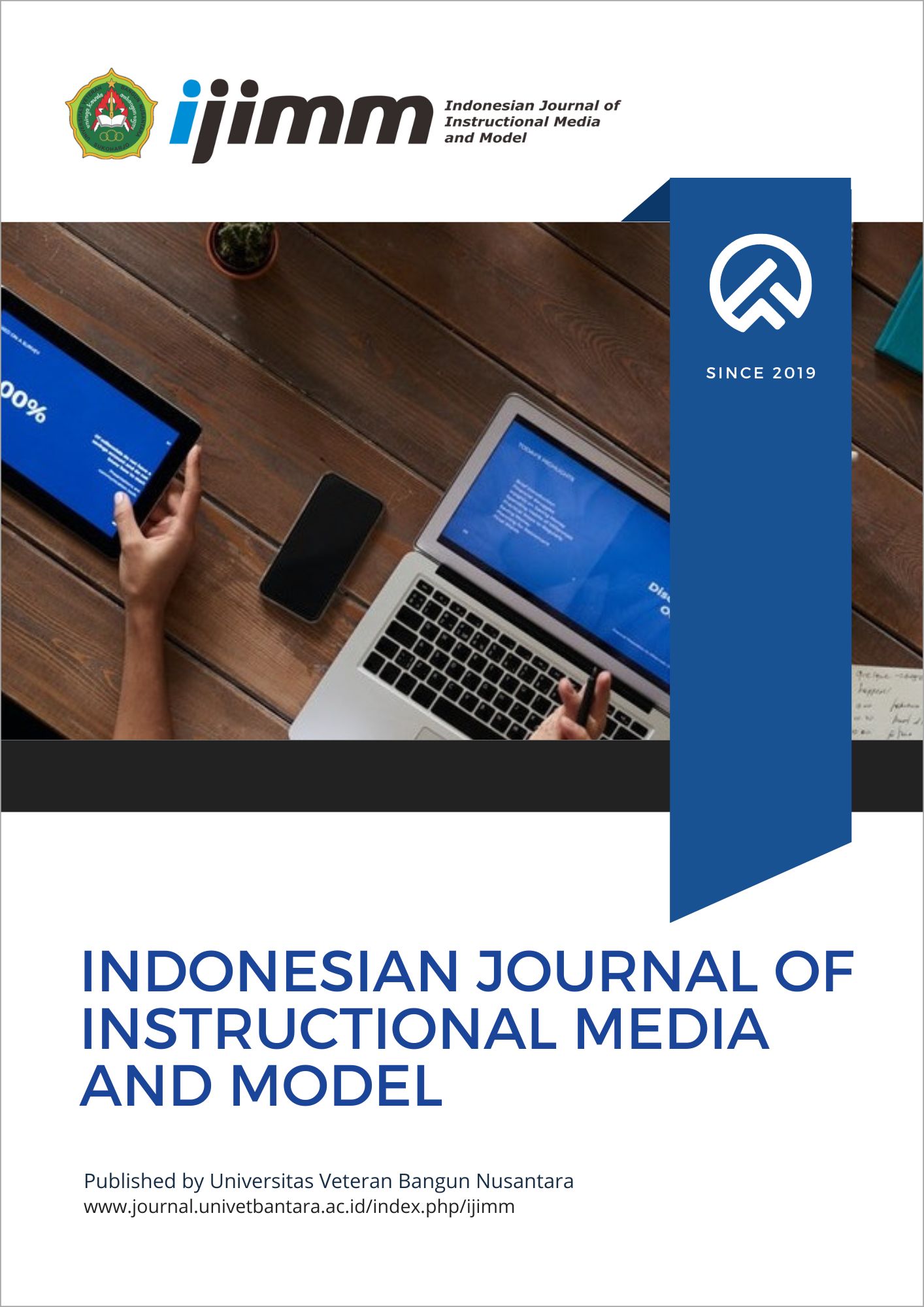The Influence of Inclusive Education on the Mathematics Achievement of Students with Intellectual Disabilities
DOI:
https://doi.org/10.32585/ijimm.v7i1.6300Abstract
This study investigated the differences in mathematics achievement among elementary school students with intellectual disabilities (IDs) enrolled in inclusive classes and those in special schools (SLB). Mathematics achievement was assessed at the beginning and end of the academic year in two groups: students in inclusive classes (n = 44) and in special schools (n = 56). The findings revealed that students with IDs in inclusive settings demonstrated slightly greater improvement in mathematics achievement over nine months compared to their peers in special schools. More students with very low mathematics skills were concentrated in special schools and showed minimal progress, while those with some numeracy abilities were more frequently found in inclusive classes. To account for differences in age, IQ, and prior achievement, a matched sample (n = 44) was used for regression analysis, which confirmed a small positive effect of the inclusive setting on learning gains. These findings suggest that inclusive education can provide a more supportive and stimulating learning environment that promotes academic development for students with IDs. The study holds practical implications for educational policymakers by highlighting the potential of inclusive settings to enhance learning outcomes for children with disabilities, supporting the need for more inclusive practices and tailored support systems within general education classrooms.
Downloads
Downloads
Published
How to Cite
Issue
Section
License
Copyright (c) 2025 Riski Karunia Ilahi, Asrorul Mais, Endra Priawasana, Lailil Aflahkul Yaum

This work is licensed under a Creative Commons Attribution-ShareAlike 4.0 International License.
Authors who publish with the Indonesian Journal of Instructional Media and Model agree to the following terms:
- Authors retain copyright and grant the journal the right of first publication with the work simultaneously licensed under a Creative Commons Attribution License (CC BY-SA 4.0) that allows others to share the work with an acknowledgment of the work's authorship and initial publication in this journal.
- Authors are able to enter into separate, additional contractual arrangements for the non-exclusive distribution of the journal's published version of the work (e.g., post it to an institutional repository or publish it in a book), with an acknowledgment of its initial publication in this journal.
- Authors are permitted and encouraged to post their work online (e.g., in institutional repositories or on their website) prior to and during the submission process, as it can lead to productive exchanges, as well as earlier and greater citation of published work.





